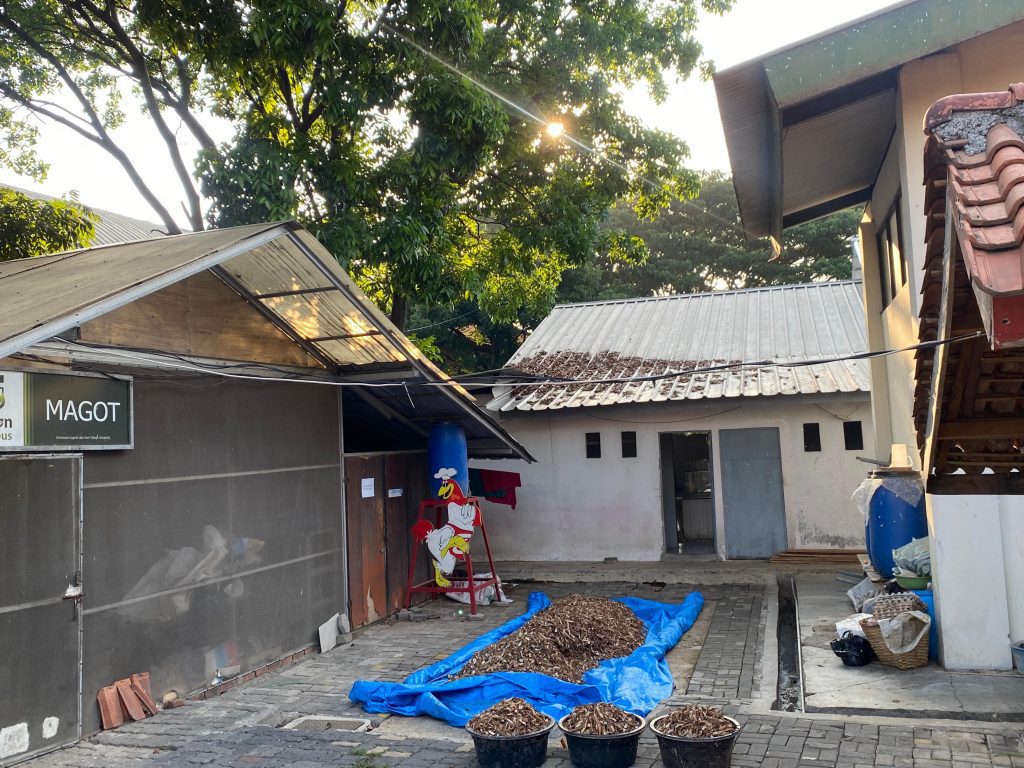Telkom University is always looking for innovative ways to create a healthy and eco-friendly campus environment. One of its standout initiatives is the management of organic waste using maggots, . Although it might sound unusual, maggots have proven to be an effective solution for dealing with organic waste problems on campus.
Organic Waste Management at Telkom University
Every day, Telkom University produces a large amount of organic waste, from food scraps in the cafeteria to fallen leaves around the campus. If left unattended, this waste can cause unpleasant odors, attract pests, and create an unhealthy environment. This is where maggots come into play. Maggots naturally consume organic waste and transform it into beneficial compost.
This process makes organic waste management at Telkom University far more efficient. Waste that once posed a problem is now converted into valuable organic fertilizer. This solution helps reduce the volume of organic waste that would otherwise be sent to landfills.
Maggot Farming to Support Waste Management

Telkom University has implemented maggot farming as part of its sustainable organic waste management efforts. The process of maggot farming is relatively simple but brings significant benefits. The maggots raised on campus can break down organic waste quickly and efficiently, without causing harm to the environment.
Additionally, the by-products of maggot farming can be repurposed, such as being used as livestock feed or high-quality compost. Thus, not only does the campus environment benefit, but other sectors, such as agriculture, can also gain from this initiative.
Green Campus and a Healthy Environment
The “green campus” concept at Telkom University is not just a slogan. Through maggot farming, the university is committed to creating a healthy campus environment that is free from excess organic waste. A clean and green environment not only makes the campus more comfortable but also supports a more productive learning atmosphere.
Students, faculty, and the entire academic community all play a role in maintaining the sustainability of this program. Ongoing organic waste reduction efforts will positively impact the campus’s overall environmental conservation. It’s a small step with a big impact.
A Solution for Reducing Organic Waste
Maggot farming at Telkom University has proven to be an effective solution for reducing organic waste. In addition to breaking down waste quickly, maggots require minimal maintenance. Their management process is eco-friendly and supports the university’s larger goal of creating a green and sustainable campus.
By utilizing maggots, Telkom University can significantly reduce the amount of organic waste that would otherwise end up in landfills. This not only lessens the environmental burden but also contributes to broader environmental conservation efforts.
Collaborating for a Green Campus
The success of this program is undoubtedly due to the support of everyone at Telkom University. Maggot farming for organic waste management is just one of many small steps that can be taken to create a greener campus. Through continuous innovation and involvement from all campus elements, Telkom University is steadily becoming a model for green campuses in Indonesia.


Leave a Reply